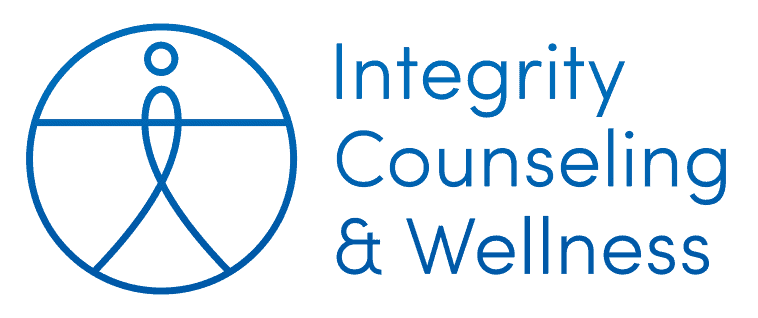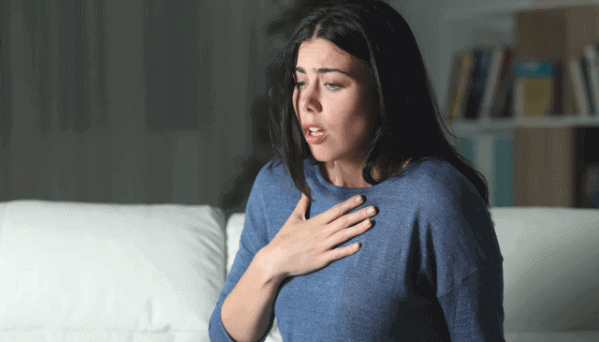Do you feel tense throughout the day, nervous, or find it difficult to stop worrying? Do you have trouble relaxing and feel the need to make sure everything will be okay by monitoring or double-checking on your loved ones frequently? If so, these could be some signs that you are struggling with anxiety.
Most people believe that anxiety is only experienced when we step out of our comfort zone, such as during public speaking or during an overseas flight. But for many of us, we actually experienced anxiety several days a week or even every day. Here are some common symptoms that you may experience when feeling anxious:
1. If you feel your heart is racing or you’re having trouble catching your breath, this can be a symptom of anxiety that is severe enough for you to get professional help. You may be experiencing an anxiety or panic attack. People commonly confuse these attacks with heart attack due to the severity of the physical response. Always check with your healthcare provider first when experiencing these symptoms. You can ask your doctor for a referral to a mental health professional if no physical treatment is deemed appropriate.
2. Some people have uncontrollable fears of things like crowded places, driving, or germs that cause complete avoidance of places or situations. Automatic thoughts are thoughts that may pop into your head and are difficult to stop or control. These types of thoughts are common in everyone, although are more frequent in those of us who suffer from anxiety. The frequency and severity of the thoughts can be an indicator of various types of mental disorders.
3. The consistent inability to concentrate can be a symptom of anxiety. This must be consistent behavior, and not just on those occasions when you lack sleep or are hungry, for instance. Your focus may tend to wander to worries about loved ones, family members or other pressures in your daily life, such as work or school. With difficulty focusing, you may find it impossible to get tasks accomplished in a timely manner, leaving you more overwhelmed than before.
4. Nervous behaviors, such as walking around the same area over and over again or twitching your fingers or toes repetitively, can be a symptom. Many people also pick their skin, pull their hair, or scratch themselves when feeling stressed. This is a sign that you are having difficulty relaxing and you are experiencing the physical tension that is common in people who struggle with anxiety. There are healthy skills you can learn to relax your mind and body and live a more peaceful life.
5. A feeling a doom or that something will happen to you, such as an accident, heart attack, or even death, can be symptoms of an anxiety disorder or panic disorder. Intense feelings of doom can also be a symptom of depression as feelings of hopelessness grow. Anxiety can quickly lead to depression, as these two concerns commonly go hand-in-hand, especially if treatment is not sought out.
8. Fear of people around you and the desire to be alone are feelings that many anxiety sufferers face. Although lots of people suffer from social anxiety, we tend to hide our concerns from others in public settings because we may feel ashamed. Social anxiety can lead us to feel disconnected and different from those around us. Humans are social beings, and limited connection can be a very disturbing experience.
9. The inability to leave your home can be a symptom of a severe anxiety or panic disorder. This is another sign of social anxiety and also an indicator of severe anxiety, especially if you are concerned that terrible things may happen if you leave you home. Daily life can be a struggle, and you may also feel shame for depending on others to meet your needs, such as by doing your grocery shopping or running errands on your behalf.
10. If your normal activities become overwhelming to you, you could be suffering from anxiety or a panic disorder. Is it important to reach out to a trusted professional to evaluate and support you toward a better life.
There’s help for you if you suffer from these symptoms or have been told you have anxiety. Mental health professionals will do their own assessment and educate you about what you are experiencing. It may seem scary at first to reach out, but we are trained to support and guide you in a way that helps address and reduce your concerns. Your health insurance may also cover your services.
Understanding your condition can help alleviate the stress and fear anxiety and panic can cause and will also help you find a solution to minimizing or stopping anxiety attacks altogether. Living a life full of anxious distress can hold you hostage and prevent you from doing the things you love.
If you suffer from some of the symptoms above, seek professional help. Get the treatment that can put you back on the road to peace, health, and happiness. You’ll be glad you did!

